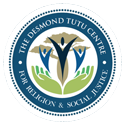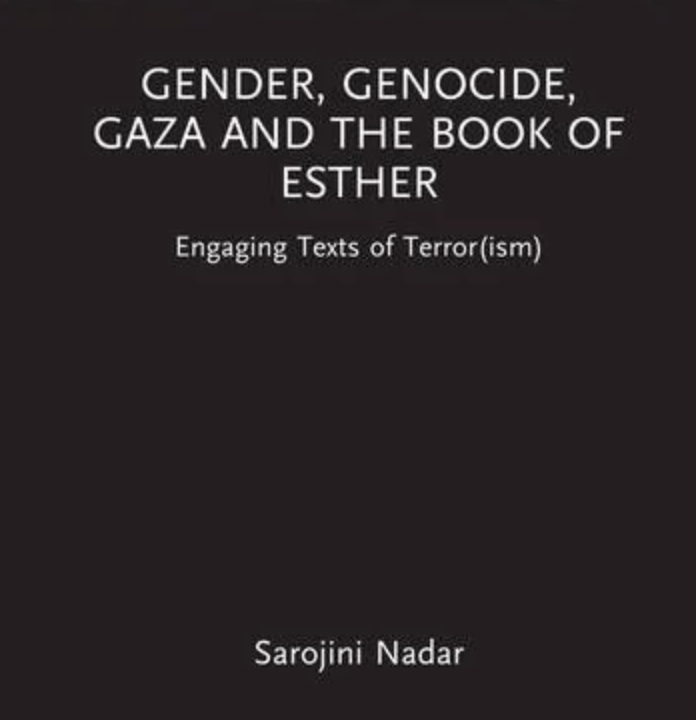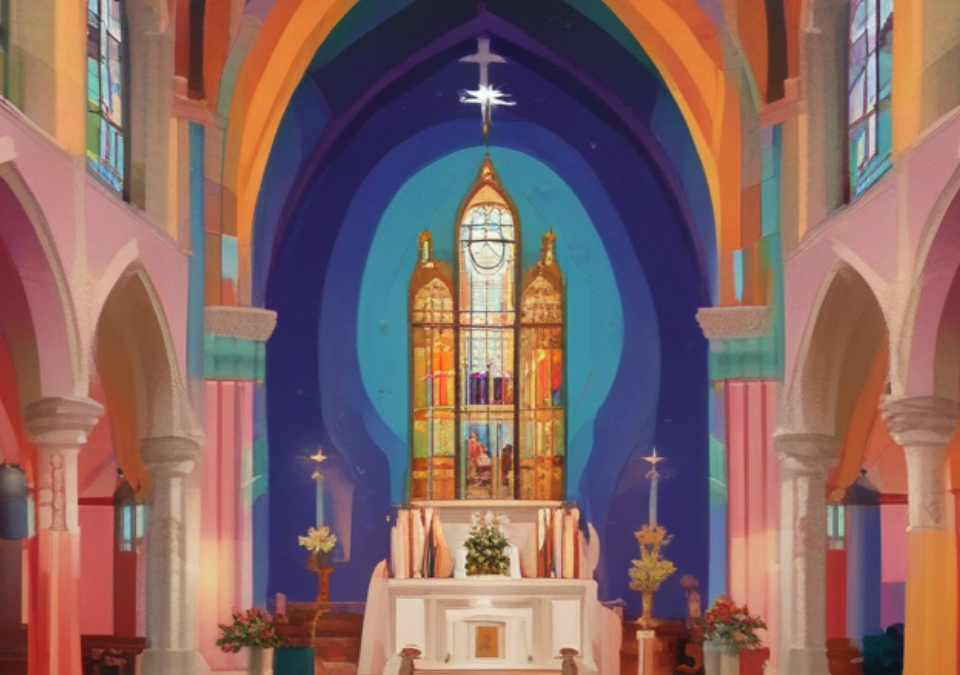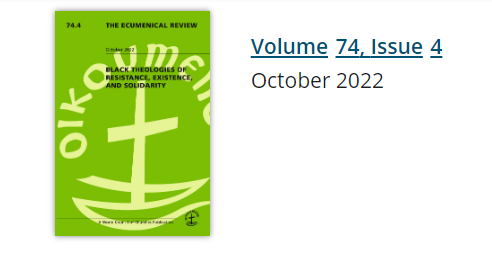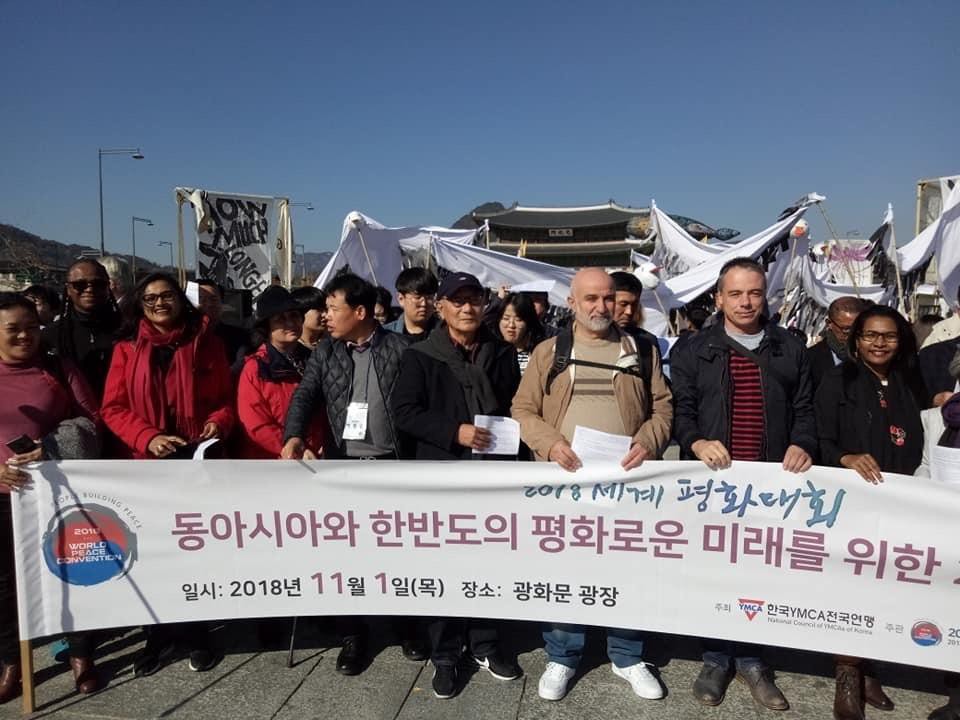
World Peace Convention
10/09/2019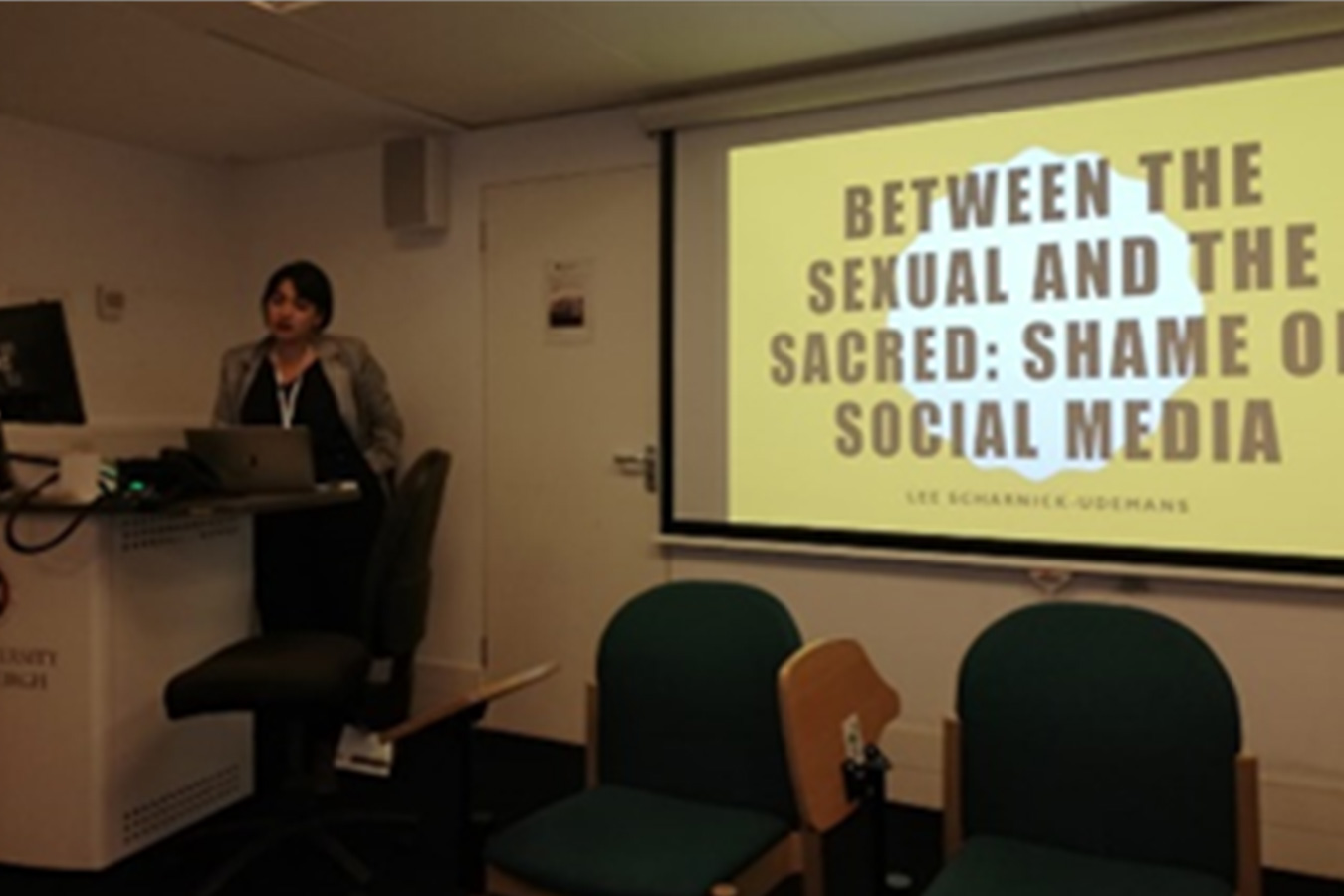
European Conference Of African Studies (ECAS)
20/09/2019This report by an international visiting PhD student on her experience of the cohort supervision workshops as well as the other commitments of the Centre, captures the essence of our objectives and goals as a Centre, and so we replicate it in full here:
After we experienced one of the key highlights of the Cape landscape – the top of Table Mountain on our first day, we participated in the three-day ‘cohort graduate training conference’ held by the DTC for their postgraduate students. I was particularly impressed by the fact that both masters and doctoral students, all at varying stages of their studies, sat side by side to present their work in this space. There might be a worry that these varying levels of ‘progress’ on the ladder of further education would mean that individuals would be alienated at different stages of the weekend, either feeling like a fish out of water or disengaged from discussing things that no longer seemed relevant. However, this could not be further from the truth. Throughout the entire weekend every student and staff member from both the DTC, the wider university and immediate academic community, were actively involved in the process.
The space created for the students I would describe as ‘lovingly critical’: the conference asked each one of them to put themselves out there, no matter what stage they are at, and be open to the critical feedback on offer from the rest of the group. I sat listening to the amazingly creative and interdisciplinary projects – ranging from how spirituality emerges and is spoken about during the trauma therapy process, to media narratives of abuse by male clergy – where each student was asked to delve deeper into the terms they were using; asked to summarise the purpose of their research into one, clear sentence and reflect on their current understanding of their methodology.
I had been asked to participate in the conference, delivering an overview of my doctoral work with a specific focus on methodology and theoretical framework. I will admit now that I have spent a lot of my PhD journey avoiding spaces where I would have critical engagement with my work. This avoidance stems from the all too often felt ‘imposter syndrome’, which isn’t alien to any of us working in academia. My avoidance had grown after a particularly bad experience in my first year of the PhD where I physically and mentally collapsed under the weight of the critique I had faced.
Three years on from this experience, I can say with strength that my project fundamentally changed course because of that feedback but I also learnt the manner in which I would make sure not to deliver feedback to my peers and future students. As I walked into the second day of the DTC cohort conference, I felt the familiar fear of opening myself up to a room of colleagues. However, I had seen the vulnerability displayed by students the day before; I had seen them stand in front of colleagues and peers with years more experience and discuss their work with resilience and gratitude. I knew that I needed to show the same, firstly as a guest to this space and secondly for myself – to learn to be vulnerable about my work and grow as a researcher by doing so. And I am really glad that I did. I was asked questions that are key viva fears for me; questions that I have been sweeping under a very heavy rug for the past year or so in the hope that they just won’t happen. By being part of this space, I was able to reflect on these questions and think about how I would tackle them not only in my thesis but also during my viva. So, when I say ‘lovingly critical’ I mean it. I mean that each student was held in that space in a supportive and loving manner, whilst also offered critical engagement with their work to help them move forward, including myself.
As part of the cohort meeting, the DTC took all participants on a ‘transcending histories’ tour through Cape Town city centre. I had not known what to expect of the tour, thinking I would see key architecture and learn key parts of its history as told by our guide. This is the experience I have had in other cities that I have visited. Yet this tour was different. Our guide took us to key parts of the city directly linked with the legacy of slavery, colonialism and apartheid. Emerging from
her black leather suitcase, an embodied and experiential approach to the tour came out with the burning of herbs, sharing of narratives from the collective past, as well as the personal ones of our guide. Throughout the tour we were asked to confront a history of Cape Town that is not delivered on the tour buses that drive past daily. We were asked to sit with the legacies of this history, including the displacement of communities during apartheid and the contemporary homelessness of children.
I sat with a strong uncomfortable-ness in each of the sites we visited. I forced myself not to shy away from our guide’s words, even as she detailed the suffering and violence that is etched onto the architecture of Cape Town, forever there and not dealt with by those that need to the most. For the first time in my life, I really sat with my whiteness and the privilege that comes with it. I also sat with how to process my emotions not as about my upset but for those who suffered at the hands of my ancestors and what the legacy of this trauma means today. I will never forget this experience nor the profound effect it had on all of the cohort, which was shared over the course of the conference when we were offered space to reflect and express what we had felt.
The day after the conference closed, Dr Caroline Starkey presented her work to the DTC, as well as university colleagues, on ‘Minority Faith Buildings and New Framings of Material Heritage’. Despite the UK-focus of her discussion, Dr Starkey raised vital questions about how, and importantly whose, memories are preserved in physical spaces and in doing so, how these spaces can act as chains of memory for the communities that inhabit and surround them. The audience reflected on how it resonated with their own work, especially as many in the room are working on minority faiths and the ways in which they navigate various spaces.
The final event of our visit was the public lecture delivered by the CRPL Director – Dr Adriaan van Klinken
– on ‘Re-Imagining Christianity, Sexuality and Social Justice in Africa’, which was hosted by the Desmond and Leah Tutu Legacy Foundation in Cape Town. The lecture discussed alternative imaginations of Christianity and LGBT religiosities, and its implications for queer politics in Africa. The public lecture was unlike any other I had been to, with the speaker, the audience and respondent singing at different stages of its delivery, as well as engagement with important questions on researcher positionality and how we go beyond lip service by sharing life stories and the use of narrative theologies as part of the politics of queer storytelling. In Dr van Klinken’s words, ‘the autobiographical is an act of reclaiming and provides us with ‘data with a soul’’ – (Nadar, 2014).
On our last day in Cape Town, we spent time discussing as two centres the ways in which our collaboration could move forward. I knew that the space that had been created for the DTC postgraduate students was one that held ideas for our CRPL students back in the UK, but this discussion also led to two new grant proposals being put into motion both of which tackle the themes close to the hearts of the two centres. For me, the most immediate exciting move to come out of this initial visit is the joining of the two centres through our ‘Religion in Public’ blog. In the coming months we will be working to collaborate on overarching research themes that will be explored through pieces on the blog written by both members of the two centres, as well as guest contributions from our partners. The blog has been my main focus since beginning work for the CRPL in 2017 and I have been delighted to see the growth in our range of pieces, as well as in the number we are now publishing. This collaboration is the next step in the blog’s growth and will be the product of all the voices I had the privilege of hearing during my visit to Cape Town, as well as those that they work with.
There really isn’t much else for me to say except a massive thank you to our hosts, Professor Sarojini Nadar, Dr Lee-Shae Scharnick-Udemans (director and senior researcher respectively) and Megan Robertson (research support and doctoral student). As I wrote at the beginning, your warmth and generosity was felt throughout and I can’t wait to see what comes out of this collaboration in the future.
Gowan, H (2019). Reflections on Research Collaboration Trip to Cape Town. Religion in Public, 29 April. Available:https://religioninpublic.wordpress.com/2019/04/29/reflections-on-a-research-collaboration- trip-to-cape-town/
